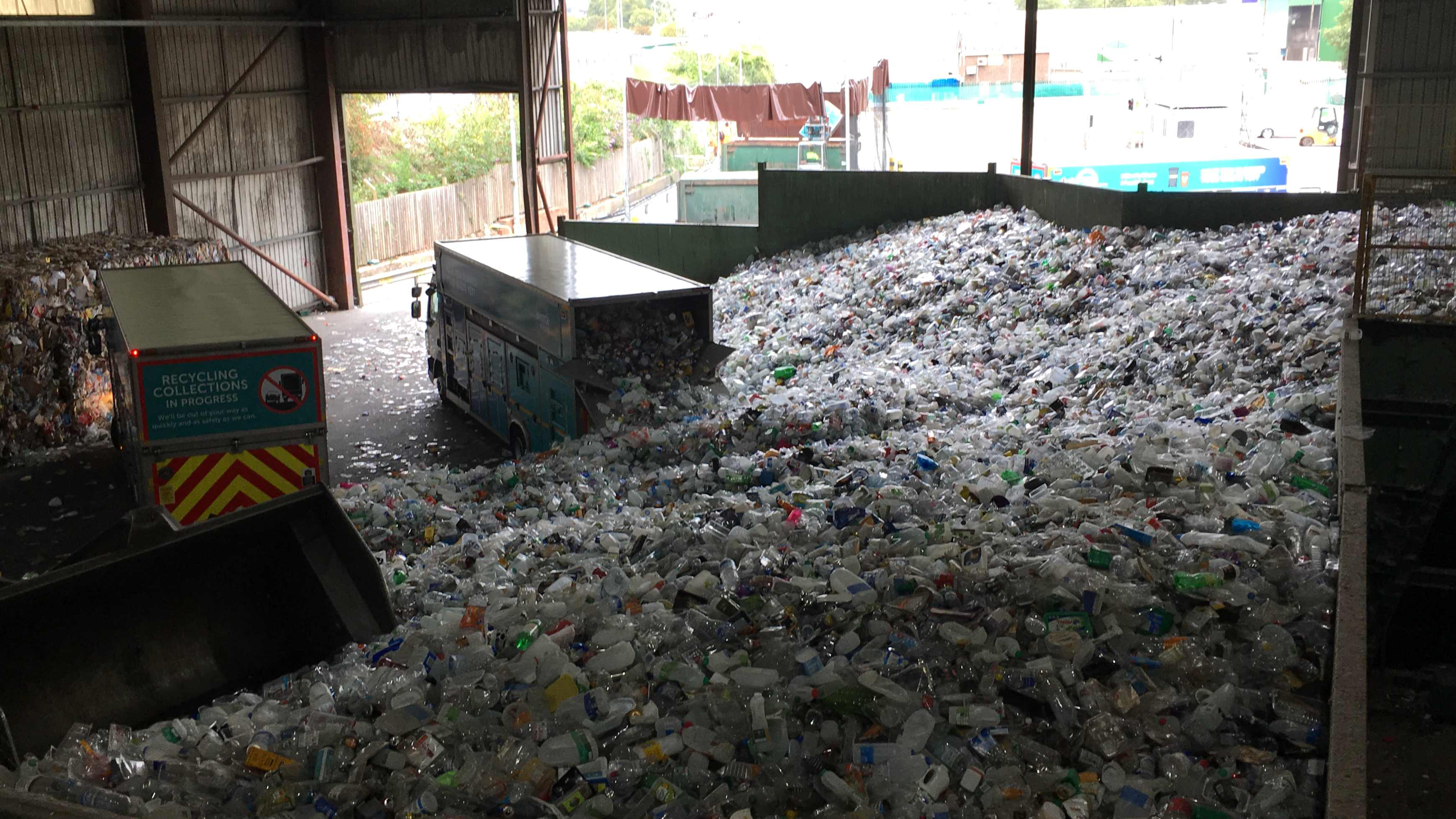

The race is on to develop alternative technologies to protect marine life, as the world becomes increasingly aware of problems created by plastic pollution in oceans.
Staff at the Mary-Janes café in Bristol introduced bioplastic products when they launched their business last May. Their takeaway cups are plant-based, and are made by British company Vegware. Manager Anthony Lindley said the products are popular with customers. "They're amazed when we give them a smoothie in a plastic cup," he said, "and we say, but this is made from plants, not plastic. It blows their minds."
Staff ensure used cups all go in a specific bin, which Vegware breaks down using a specialized system. Lindley said in the six months the café has been open, they have disposed a ton of "alternative" plastic waste.
"The beauty of making plant-based compostable disposables is that they can be captured in one bin, sent for composting, and be processed in 12 weeks into compost," said Vegware recycling adviser Georgia Budden. The company has over 50 recycling sites across the country, which compost these bioplastic containers and distribute them to farmers.
But despite their best intentions, there are downsides to the product. Many bioplastics and alternative plastic products cannot be put into curbside recycling bins to be processed by local waste authorities. They are also not biodegrade on its own. The system relies on customers being aware of how to dispose the products — and that is not foolproof.
People need to be aware of the disadvantages of bioplastics, according to Nathalie Fee, founder of Bristol-based environmental campaign group City to Sea.
"People get very excited about how this is compostable so it's not going to be a problem for marine plastic pollution anymore," she said. "But the tricky thing is if any of these plastics end up in the sea, or in a river, or in a hedge in the countryside they are not going to degrade. Bioplastics have a place for events, such as festivals and enclosed events where it can all be collected and taken off and composted. There definitely is a solution there, when reusables aren't an option," Fee said.
City to Sea's advice to anyone who wants to help the environment is to "reuse and refill" — this means bringing your own refillable cup for coffee and water and avoiding single-use plastics altogether, whenever possible.

Copyright © 2018 CGTN. Beijing ICP prepared NO.16065310-3
Copyright © 2018 CGTN. Beijing ICP prepared NO.16065310-3